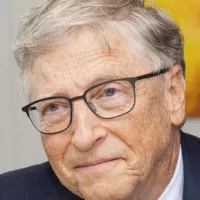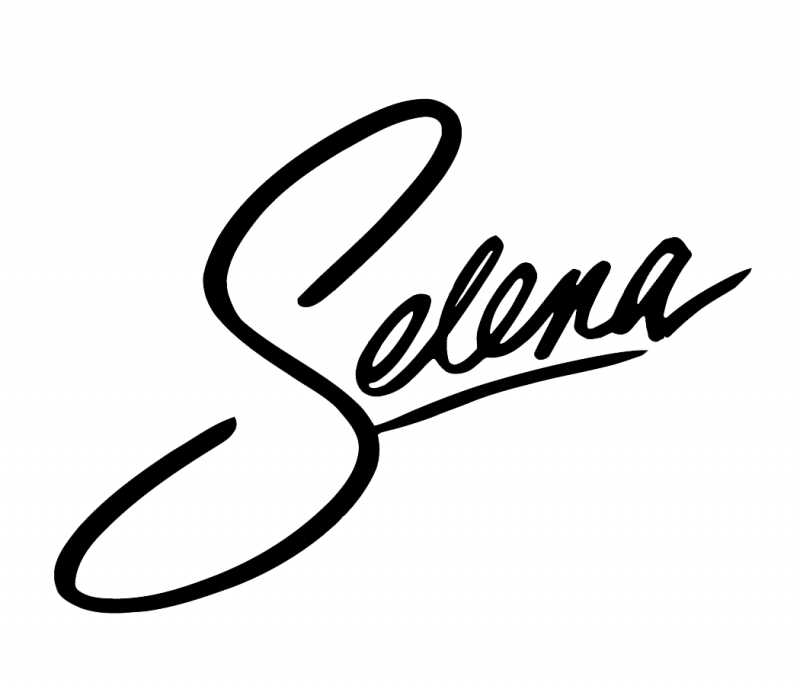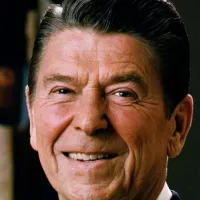Univision is the largest Spanish-language television network in the United States, owned by TelevisaUnivision. Headquartered in New York City with major facilities in Doral, Florida, it provides content aimed at the Latino audience. Its programming includes telenovelas, dramas, sports, sitcoms, reality shows, news, and Spanish-language films.
Mentioned in this timeline

Bill Gates an American businessman and philanthropist revolutionized personal computing...

Donald John Trump is an American politician media personality and...

Selena Quintanilla-P rez known as Selena was an influential American...

Ronald Reagan the th U S President - was a...

Walter Elias Disney was a highly influential American animator film...
The United States of America is a federal republic located...
Trending
13 minutes ago Tim NeCastro Announces Retirement as Erie Insurance CEO After 10 Years

2 hours ago Apple MacBook Pro: Touchscreen, Dynamic Island, and New Interface Coming Soon.

2 hours ago Microsoft and SpaceX Starlink Partner to Empower Global Community Internet and AI Economy
14 minutes ago Trump Announces Energy Deals and Rate Payer Protection Pledges at SOTU
2 hours ago Whitefox & Fluid Quip collaborate; Low-carbon ethanol boosted; Indoor plants aid climate resilience.

1 hour ago Ethereum Price Faces Resistance at $1,950 Amidst Market Repricing Concerns.
Popular

Jesse Jackson is an American civil rights activist politician and...

Susan Rice is an American diplomat and public official prominent...

Barack Obama the th U S President - was the...

Michael Joseph Jackson the King of Pop was a highly...

XXXTentacion born Jahseh Dwayne Ricardo Onfroy was a controversial yet...

Bernie Sanders is a prominent American politician currently serving as...